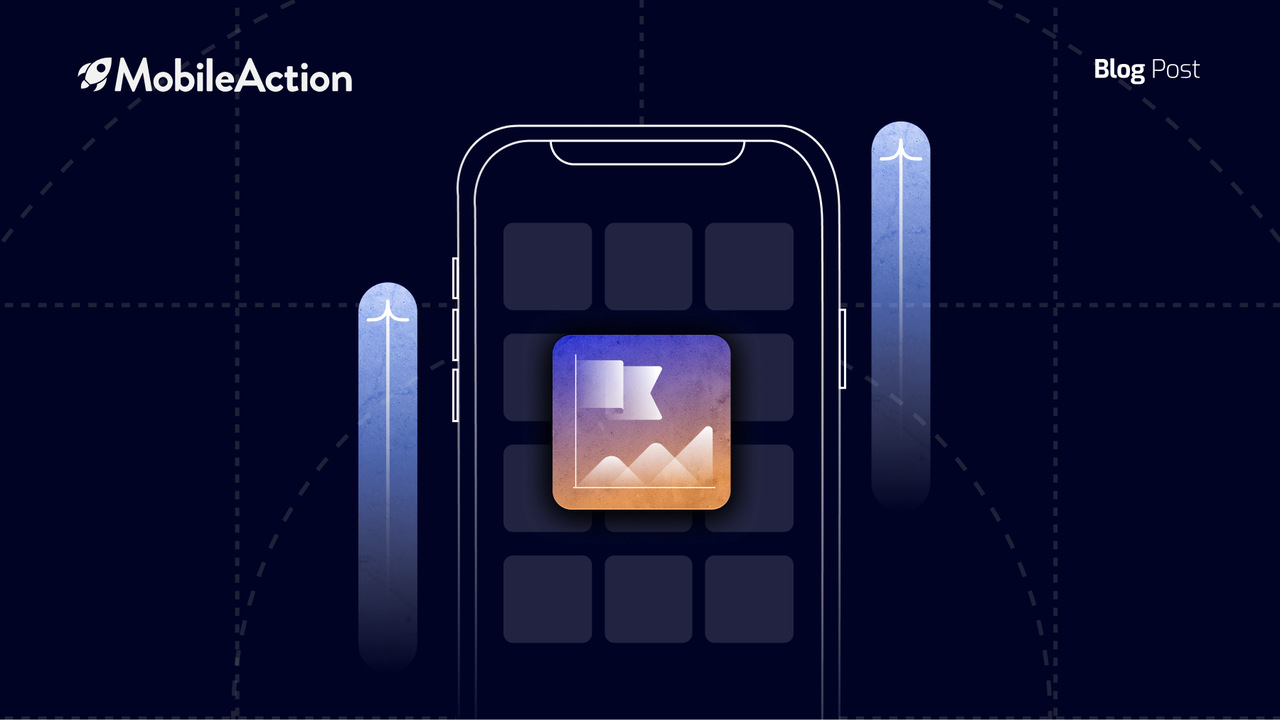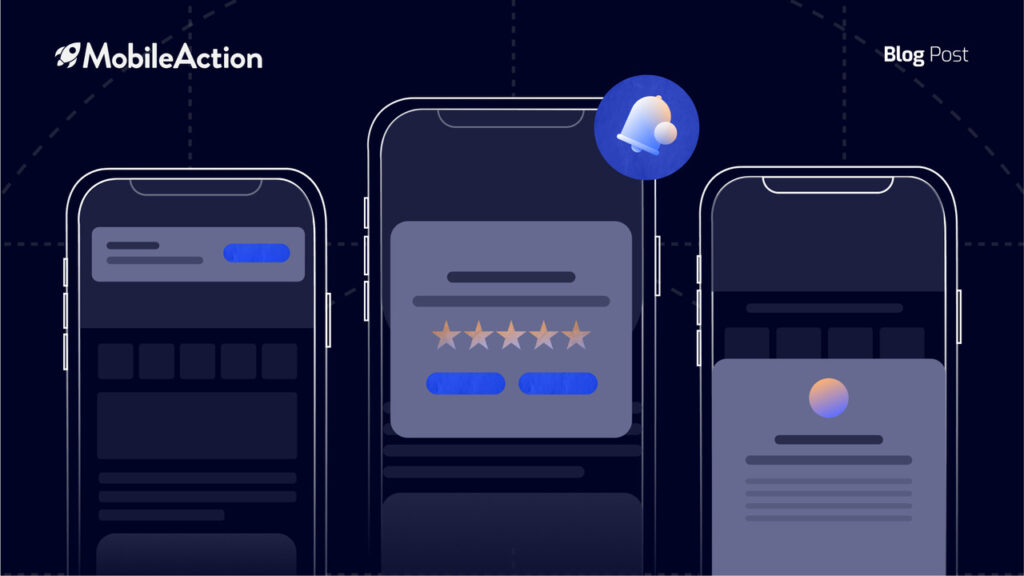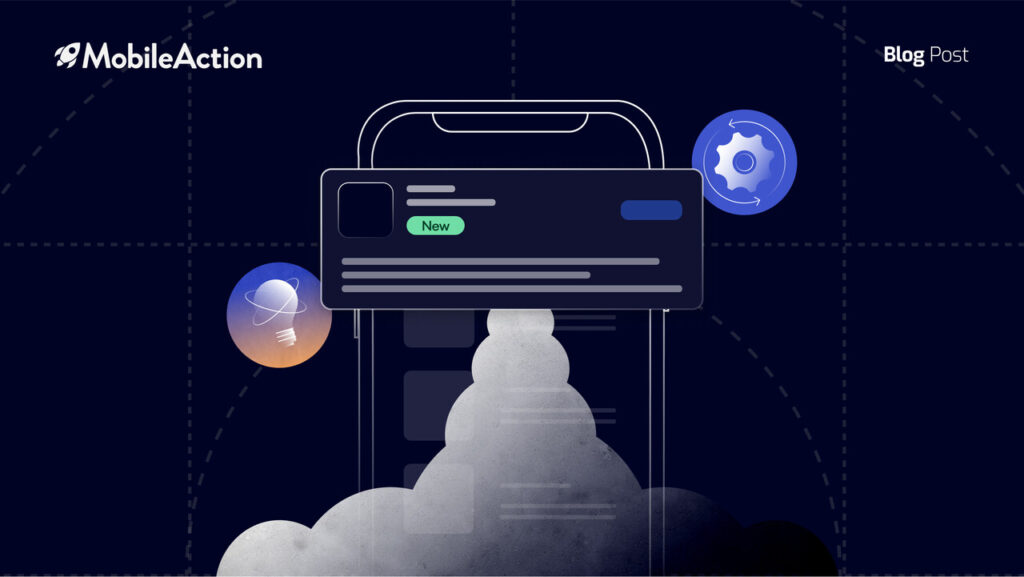Key Takeaways
- Mobile app marketing is the best way to promote an app throughout its life cycle, from raising awareness to driving downloads, engagement, retention, and monetization.
- A well-planned marketing strategy lays the foundation for reaching users in the crowded app ecosystem while keeping them on board by reaping continuous revenue.
- In this way, app marketing becomes effective, covering everything from pre-launch research and ASO to the visibility campaign at launch and even post-launch strategies for retention and growth.
- Personalization, gamification, localization, and retargeting via AI can be a difference-maker for the app.
- Retention, churn, DAU, and LTV-all these will help you further develop your strategy toward long-term success.
- Marketing a mobile app is not a one-time thing; it’s an ongoing process. It keeps updating continuously according to user needs and industry trends, including updates related to the apps.
The global mobile app market is among the fastest-evolving sectors and is expected to yield more than $600 billion by 2025.
However, succeeding in such a competitive space requires more than creating an excellent app.
A well-thought-out and executed marketing plan will ensure that your app becomes visible, a source of engagement, and grows long-term.
This guide explains what is mobile app marketing, why it’s essential for establishing your app, and how to create an effective marketing strategy to earn top rankings among its rivals.
Want to know how to create the best mobile marketing plan? Book a demo today and let our experts help you to do so!
What is mobile app marketing?
Mobile app marketing is raising awareness about your app among potential users throughout its life cycle, from the beginning to long-term retention.
Unlike traditional marketing, mobile app marketing focuses on understanding mobile users’ unique behaviors, preferences, and needs to run targeted campaigns that drive installations, engagement, and revenue.
To understand what is mobile app marketing, think of it as a continuative process including:
- Discovery: Make your app visible to your target audience.
- Acquisition: Encouraging users to download your app.
- Engagement: Driving activity on the application.
- Retention: This ensures that users continue returning to your app repeatedly.
- Monetization: Generating revenues by selling, advertising, or subscription.
Mobile app marketing is so complex because of its agility.
Every stage of your app’s lifecycle requires a different strategy, and success comes from refining those strategies with data-driven insights.
Why do you need a well-thought-out marketing plan for your mobile app?
When millions of apps compete for attention, an app without a well-thought-out marketing plan will never survive.
Here’s how a strong marketing strategy can be pivotal in your app’s success:
1. The app stores are overcrowded
With over 1.96 million apps in the Apple App Store and over 2.87 million in Google Play, visibility can be quite a monumental challenge.
Without a strategic marketing plan, your app risks becoming invisible to other potential users.
2. Rising user acquisition costs
User acquisition is becoming increasingly expensive, with the Cost Per Install (CPI) growing organically across verticals.
A well-designed marketing plan will capture high-value users who can bring maximum value to your return on investment.
3. User retention is key to growth
Studies show that 25% of users abandon apps after a single use. While acquisition fills the pool, retention keeps users swimming back.
In essence, the midpoint of driving continued growth through more engaging and retention-focused marketing strategies.
4. Monetization depends on marketing
Good marketing ensures that your users engage well enough to trigger these monetizing ways within your application, whether through subscriptions, in-app purchases, or ad revenue.
5. Building a brand
A great app is but half the equation, and building a recognizable brand is just as important.
Marketing will help you establish your app’s unique identity and build user trust.
The stages of a mobile app marketing strategy explained
A comprehensive approach toward mobile application marketing involves discrete stages.
Each stage encompasses different objectives to be achieved regarding the success of your applications.
Stage 1: Pre-launch phase
The pre-launch phase prepares the runway for your app’s visibility, adoption, and engagement.
This stage involves the heavy lifting, careful planning, and preparation for a successful launch.
-
Market research
Market research is the foundation of your marketing strategy.
It will give you a solid understanding of your target audience, allow you to analyze their behaviors, and identify their pain points.
It will also give you insight into positioning your app as the solution to their needs.
- Target Audience Identification: Identify the target users based on demographic data, preferences, and usages relevant to the app.
- Competitor Analysis: Research your competition to understand their strengths and weaknesses. Recognize the voids in the market where your app can fit.
-
App store optimization
App Store Optimization (ASO) ensures your app’s visibility within the app stores or Google Play by achieving a higher ranking in search results.
- Keywords and Title: The title and description of your app fundamentally need to use relevant keywords.
- Visuals: Invest in a high-quality icon, screenshots, and preview video highlighting your app’s core features.
- Listings by Locality: If your app targets several regions, prepare its listings for localized audiences.
#Pro Tip: To learn more about app localization, check out our guide titled The ultimate guide for App Localization – iOS & Google Play Store
-
Beta testing
Beta testing enables you to get constructive feedback from users and the detection of bugs before launching.
You can test your application with a few users by taking help from platforms like TestFlight for iOS or the beta program from Google Play.
-
Landing page creation
Create a pre-launch landing page and promote your app to build hype while collecting potential users’ email addresses.
Showcase your app’s unique features, give sneak peeks, and encourage people to sign up.
Stage 2: Launch phase
The launch phase means introducing your app to the world.
It is now time to maximize visibility and attract many downloads.
-
Paid user acquisition campaigns
Run paid advertisements on Google Ads, Facebook, Instagram, and Apple Search Ads. (link)
These platforms give you demographic targeting capabilities and allow you to reach out to your potential users effectively.
-
Influencer and affiliate marketing
Engage in influencer marketing in your niche to promote your app.
Credible and authentic influencer recommendations will generate the desired credibility and buzz around your app.
-
Social media campaigns
Build hype for your app through various social media platforms.
With more exciting content like videos, tutorials, and testimonials, attract the attention of potential customers and persuade them to download.
-
Content marketing
Publish SEO-optimized content that showcases the value of your application.
Develop blogs, how-to guides, and videos that will help prove that your application is the solution to specific problems its users face.
-
Public relations (PR)
Send press releases to influential tech blogs, industry publications, and app review sites.
The positive reviews and features will add credibility to your app.
Stage 3: Post-launch phase
The post-launch phase is about user retention, engagement, and long-term growth.
This is where you make users turn into loyal advocates.
-
Retention strategies
Retention means how well users are kept engaged and satisfied. Strategies include:
- Push Notifications: Send personalized messages that entice your users to your app.
- Gamification: Incorporation of game-like elements, rewards, and scores on leaderboards to encourage user engagement.
-
User engagement
Users more engaged with the platform will likely be converted to paying customers.
Among the features to be used include:
- Provide tips and updates through In-App Messaging directly inside the app.
- A feeling of belonging can be created through forums or social media groups for users.
-
Analytics and iteration
Analytic tools observe users’ behavior and determine what needs improvement.
Key metrics to track include:
- Churn Rate: How many users have stopped using your app within any given period?
- DAU: The number of users operating your app every day.
- LTV: The total revenue from a user across his lifetime.
#Pro Tip: Check out our mobile marketing glossary to learn about all the metrics you need to grow your app!
-
Referral programs
Encourage all happy users to refer their friends to your app.
After they successfully refer them, you should give them incentives, like discounts, credits, or special features.
-
Regular updates
Keep updating your app to introduce new features, bug fixes, and other performance enhancements.
This would keep your users convinced that your app is well-maintained.
Advanced mobile app marketing strategies
1. AI-powered personalization
Leverage AI toward delivering seamless personalization of experience to users.
For example:
Content Recommendations: recommendation support based on user preferences.
Predictive Analytics: Predict the probability of churning through counseling AI and take proactive measures toward customer retention.
2. Retargeting campaigns
Relevant ads can bring back abandoned users to your app, and you can show them new features or promotions they might be interested in again.
3. App localization
Localization means more than translation. Adapt the app design, visual theme, and content for regional needs.
4. User-generated content
Encourage users to share their experience of using your app on social media.
This will create more personal and trustworthy content that organically drives traffic to your app.
In other words
Understanding mobile app marketing and setting an effective strategy is the only way to emerge from today’s choked app ecosystem.
A well-thought-out marketing plan ensures that your app reaches the right users, keeps them engaged, and generates long-lasting value from pre-launch preparation to post-launch growth.
Confirming the strategies in this guide will transform your app from a concept into a successful product with a loyal user base.
Why wait? It’s time to start seeing your app’s success!
Schedule a demo today and unlock tools that will help you to create the best mobile app marketing strategy!









